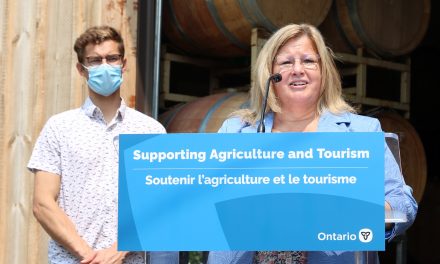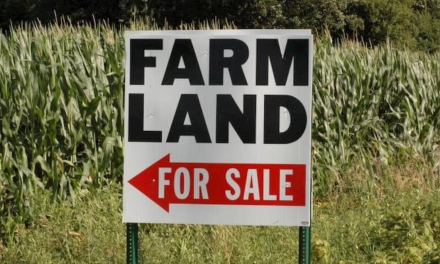A five-year plan was once the norm in management. But even before the world started going haywire (i.e., pre-COVID), doubts were emerging in some circles about anyone’s ability to look that far down the road.
Enter the three-year plan. However, even that was a stretch. Society was changing so quickly that it was hard to imagine a crystal ball being accurate for much more than a year at a time.
Now, not all sectors can work that way. Agriculture, for example, needs long-term plans for research into the likes of new plant variety development and livestock improvement.
This is especially true as we look to fewer farmers to feed the world, in the face of a shrinking farmland base, chronic labour shortages, global warming and rising costs for inputs such as seed and energy.
Shouldn’t a long-term plan be in place to figure out how to address these shortcomings?
The Grain Growers of Canada thinks so. With a federal election on the horizon, this group, representing more than 65,000 cereal, oilseed and pulse producers nationwide, gained the distinction earlier this week of being among the first to the table with policy recommendations for political parties and decision makers to study…and hopefully adopt.
They’re taking an exceptionally long, bold view. They’re calling this new policy document Road to 2050, a “guide for federal government programming.†Follow these suggestions, Ottawa, and we’ll have a grain sector that can sustainably intensify production while addressing climate change and ensuring the long-term economic prosperity of grain farm priorities.
Road to 2050 has three themes. First, it calls on politicians to position Canada as a global leader in agriculture investment and innovation. That’s a research-heavy ask: it wants more money put toward plant breeding, machinery research, agronomic practices, cell networks and a supportive legislative and regularity framework.
Next, it wants Ottawa to recognize, publicly support and reward grain farmers’ advances. The much-hated carbon tax in particular has generated a general malaise among farmers towards Ottawa that isn’t getting addressed. And as for recognition, farmers have long thought that they are neither supported nor acknowledged for sustainability measures they’ve had in place for decades.
Finally, the grain growers want a comprehensive approach to data and metrics development and use. They say Ottawa should work with provinces and industry across the country to determine accurate and agreed-upon measures, baselines and reporting so that they can best leverage, improve and innovate on measurement and data systems. This is especially relevant as more rural communities get broadband and farmers have greater access to e-technology. But what will they do with all the data they’ll generate? It’s a problem for the future, but many tech savvy farmers are already faced with it.
The growers say these policy recommendations proceed from the core realities that Canadian grain farmers must be profitable to be sustainable, and they must be globally competitive to be profitable.
Can’t argue with that, Ottawa. Here’s the plan. Listen to the experts.
Grain farmers give Ottawa a 25-year plan






